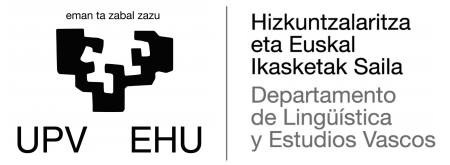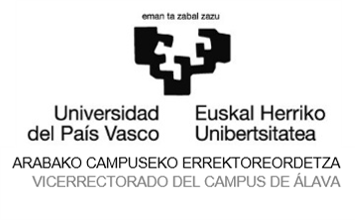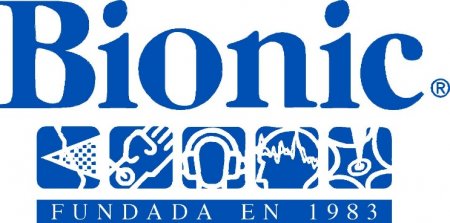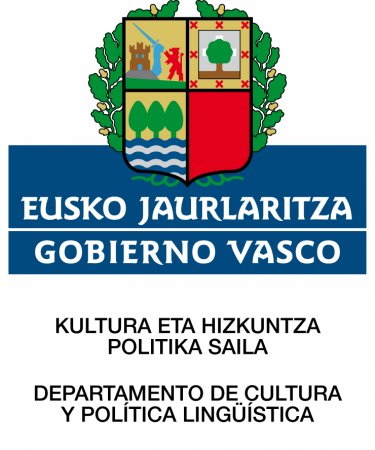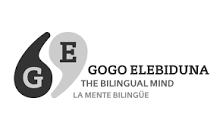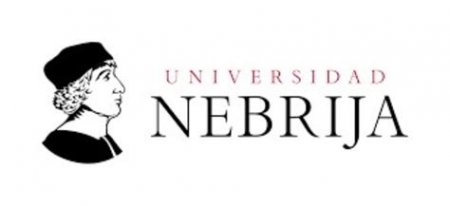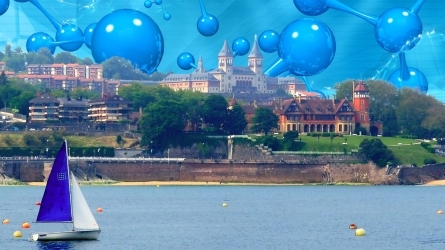
XVI Symposium Internationale de Psycholinguistique
The ISP initially gathered Spanish psycholinguists but soon became an international and interdisciplinary forum for scientists of any discipline specializing in the study of language in all its modalities, scopes and dimensions and it represents an opportunity to share work, exchange knowledge and stimulate new ideas.
Description
The Bilingual Mind research group organises the XVI International Symposium of Psycholinguistics in the city of Vitoria-Gasteiz (Coordenades: 42.84998, -2.67268), from May 31st to June 2nd, 2023.
The ISP is an international meeting point for researchers of any discipline interested in any field related to research in psycholinguistics: stages of language comprehension and production (orthographic and phonological processing, word recognition, semantic representation and access, morphosyntactic processing, discourse processing…), brain and language, bilingualism, the interplay between language and other basic psychological processes (e.g., language-emotion interactions), developmental psycholinguistics (e.g., language acquisition and loss), language-related disorders and pathologies (e.g., aphasia), research methods on psycholinguistics, applied psycholinguistics… and a long etcetera.
The origins of this symposium go back to 1993, when a small group of psycholinguists organized the “I Simposio de Psicolingüística” in Tenerife. Since then, the symposium has been organized in different parts of Spain and Portugal every two years, the previous edition being organized by Nebrija University from Madrid but held virtually due to the pandemic situation.
Objectifs
The main objective of the International Symposium on Psycholinguistics is to be a meeting point for linguists, psychologists, philosophers, speech therapists, and professionals from any discipline related to the investigation of language processing and representation.
The ISP represents an opportunity to share work, exchange knowledge and stimulate new ideas.
Activité s'adressant à
- Étudiants universitaires
- Professeurs
- Professionnels
Directeurs
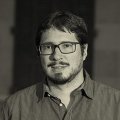
Mikel Santesteban Insausti
Euskal Herriko Unibertsitatea - Universidad del País Vasco (UPV/EHU)
Investigador Doctor Permanente de la Universidad del País Vasco (UPV/EHU) desde 2020 y miembro del equipo de investigación La Mente Bilingüe. Doctorado en Ciencia Cognitiva y Lenguaje por la Universidad de Barcelona (2006) con la tesis titulada Lexical representation and selection in bilingual speech production (director: Albert Costa). Becario postdoctoral en la Universidad de Edimburgo (2007-2010). Desde 2010 a 2020 trabajó como investigador Juan de la Cierva y Ramón y Cajal en la UPV/EHU. Su campo de trabajo es la psicolingüística y su principal área de investigación se centra en el bilingüismo y los mecanismos cognitivos involucrados en la producción y comprensión del lenguaje, tanto en hablantes nativos como no nativos. Actualmente estudia el procesamiento de oraciones con cambio de código intraoracional (codeswitching), así como los efectos de la edad en el procesamiento del lenguaje, entre otros temas. Es miembro correspondiente joven de Jakiunde, la Academia de las Ciencias, de las Artes y de las Letras, desde noviembre de 2016. Desde 2019 es el director del Máster en Lingüística Teórica y Experimental (UPV/EHU).

Kepa Erdozia Uriarte
Euskal Herriko Unibertsitatea - Universidad del País Vasco (UPV/EHU)
Je suis chercheur et professeur à l'Université du Pays Basque (UPV/EHU). Mes recherches portent sur l'étude des traitements syntaxiques dans les populations bilingues dans le but de savoir comment la seconde langue est représentée dans le cerveau par rapport à la première. Dernièrement, j'étudie les processus d'apprentissage des langues secondes.
Conférenciers
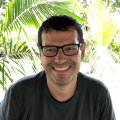
Balthasar Bickel
Universität Zürich
I got my graduate training in the Cognitive Anthropology Group at the Max-Planck Institute for Psycholinguistics in Nijmegen and received my Ph.D. degree in 1997 from the University of Zürich. From 1995 through 1998 I taught part-time in Zürich and worked as a researcher at the University of Mainz. I then spent three years at the University of California, Berkeley, on a postdoctoral fellowship sponsored by the Swiss National Science Foundation. In 2001 I completed my Habilitation at Zürich and was awarded an extracurricular professorship (Förderungsprofessur) by the Swiss National Science Foundation. From 2002 until 2011, I was professor of linguistic typology and variation at the University of Leipzig (Institute of Linguistics), and in 2011 I took over the chair of general linguistics at the University of Zürich. Since 2020 I am director of the research center NCCR Evolving Language. My core research question is what's where why in language. I want to uncover the conditions that shape the spatio-temporal dynamics of language, and I seek to understand their nature in the light of human evolution.
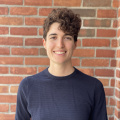
Esti Blanco Elorrieta
Harvard University
The goal of my research is to develop a comprehensive account of how humans process language, which I try to achieve by covering the full spectrum of manners in which humans acquire and experience language. In my research, I combine insights from monolingual and multilingual individuals, who process language through speech or sign, to inform an inclusive and comprehensive neurobiology of language. To obtain an extensive profile of these experiences, I combine insights from linguistics, psychology and neuroscience with a range of approaches, including neuropsychology, neuroimaging, and behavioral methods. Further, I take the most naturalistic approach possible to inform a theory that can not only account for laboratory based experiments but rather aims to capture the multifaceted and socially influenced experience of what it means to communicate in the real world.

Marco Calabria
Universitat Oberta de Catalunya
I got my degree in Psychology in 2002 at the University of Padua (Italy). In 2003 I worked as a clinical neuropsychologist at the Cognitive Neuroscience Laboratory in Brescia collaborating on projects that investigated language deficits in patients with Frontotemporal dementia and the use of brain stimulation as a rehabilitation tool for patients with neurodegenerative diseases. From 2006 to 2009, I did my PhD in Psychobiology at the University of Padua focussing on the neurophysiological components of semantic and episodic memory in elderly. In 2009, I joined the Speech Production and Bilingualism (SPB) at the Center for Brain and Cognition (Pompeu Fabra University). Since then, my research interests focus on the study of word production, non-linguistic control processes in brain-damaged (post-stroke and neurodegenerative diseases) individuals with emphasis on bilinguals, and on bilingualism as a contributor to cognitive reserve in dementia. I was awarded the Spanish Government’s ‘Juan de la Cierva’ (2010) and the ‘Ramón y Cajal’ (2014) fellowships. Since December 2019, I am an Associate Professor of the Master in Neuropsychology at the Faculty of Health Sciences (Universitat Oberta de Catalunya) and member of Cognitive NeuroLab.
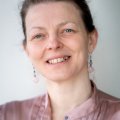
Judit Gervain
Università degli Studi di Padova
Judit Gervain is a Full Professor at the Department of Developmental and Social Psychology. She is trained as a theoretical linguistic, obtained a PhD in 2002 in Cognitive Neuroscience under the mentorship of Jacques Mehler from SISSA, Trieste, Italy. She then worked as a post doctoral researcher at the University of British Columbia, Vancouver, Canada. In 2009, she took up a researcher position at the CNRS, in Paris, France, from which she moved to the University of Padua in 2020. Her research focuses early speech perception and language acquisition in typically developing monolingual, bilingual infants as well as in infants with hearing difficulties. She uses behavioral as well as brain imaging techniques to explore the perceptual, linguistic and cognitive development of these infants and their underlying neural correlates. She has done pioneering work in newborn speech perception using near-infrared spectroscopy (NIRS), revealing the impact of prenatal experience on early perceptual abilities, and has been one of the first to document the beginnings of the acquisition of grammar in newborns and preverbal infants.
Tarifs inscription
| Matrícula | jusqu'au 19-04-2023 | jusqu'au 30-05-2023 |
|---|---|---|
| 160,00 EUR | 200,00 EUR | |
| 210,00 EUR | 250,00 EUR | |
| 40,00 EUR | 40,00 EUR |
